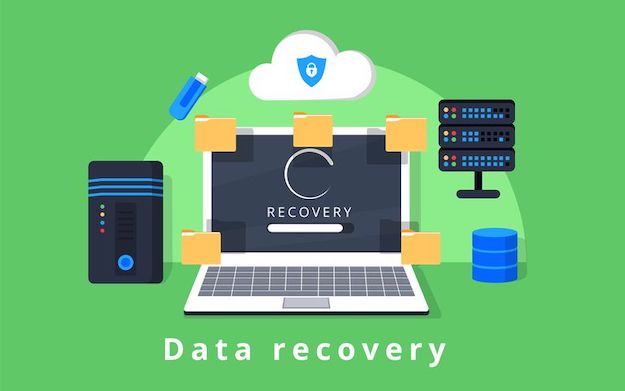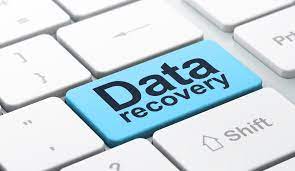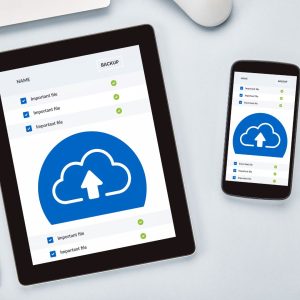A lot is said about the importance of data backup. However, the emphasis of backing up should be on recovery as on its own, backup is worthless. Data recovery refers to the process of retrieving data from backup systems/devices in the event of loss of data in the primary (live) environment. What makes backup worthwhile is the ability to successfully restore the data when needed.
Several organizations have suffered from failed restoration in their time of need; failed restorations because either;
- The backups were compromised, or
- The backups were corrupted, or
- The backups were incomplete (too old, i.e., not recent), or
- Backups that failed to restore correctly.
Failed backup has no value to a business from a disaster recovery or business continuity point of view. For successful restorations, back data also needs to be free of corruption or any malicious software. Backups should be secured and stored in more than one physical location.
Recommendations on Effective Data Backup Restoration
As discussed above, restoring backups successfully is the ultimate goal of backing up data. Here are some recommendations on how to make successful backup-and-restore policies and procedures.

1. Scan and validate
It is good practice to scan drives/files and folders for malicious software prior to backing it up. This minimizes the risk of restoring malicious files to your live environment later on. It also minimizes the risk that the malicious software will replicate and infect other files.
After backing up the data, perform a second scan to check that the backup is not corrupted. Rescanning reduces the risk of failed data restorations in the future.
Perform scanning and validation with master backups (full backups) and any incremental backups or differential backups.
2. Keep multiple data backup copies
Especially for highly critical data (such as intellectual property), it is best practice to keep multiple copies of backup. When you keep multiple copies of data backup, you increase the chances of successful data recovery. You will have an alternative restoration source even if your primary backup is damaged, compromised or lost.
If you keep physical copies of backup offsite, clearly label each with information on the data held in it and the date of the backup.
3. Encrypt your backups
Encrypt all your data backups to protect them as additional protection such that even if an unauthorized party gains access to this data, they will not be able to read it.
4. Schedule regular testing of your backups
Do not wait until you have a disaster that requires you to restore your data to check whether it works. It is good practice to periodically perform data restoration tests from the backup environment to a test machine. Periodic testing of backups allows you to validate your backup policies and procedures. You can also ensure that the person(s) tasked with restoration in the event of a disaster is well versed in the data recovery procedure.
Grandfather-Father-Son Backups (Synthetic Backups)
A time-honored backup strategy is the grandfather-father-son backup. This backup strategy is as follows:
- Grandfather backup refers to a full backup done once a month
- Father backup is a full backup done once a week.
- Son backup is a daily incremental backup
Another variation of this backup strategy is differential backups done weekly or a variety of backups during the day such as hourly or backups after a certain set criterion is met. For instance, before installing new software on systems or before changing configurations on your network.
Looking for a secure and reliable cloud backup solution?
Data backup and recovery is a critical component of any company’s business continuity and disaster recovery strategy. Outsourcing some or all of your data backup and recovery procedures to a third-party service provider means that you do not have to do it alone.
Kaluari offers cloud backup – Backup as a Service (BaaS). Get in touch with us to discuss your backup requirements (storage space and type of data), and how we can help you back up your data.





Pingback: Data Backup: The Different Types | Kaluari
Pingback: Best Practices for Data Recovery with Automated Backups